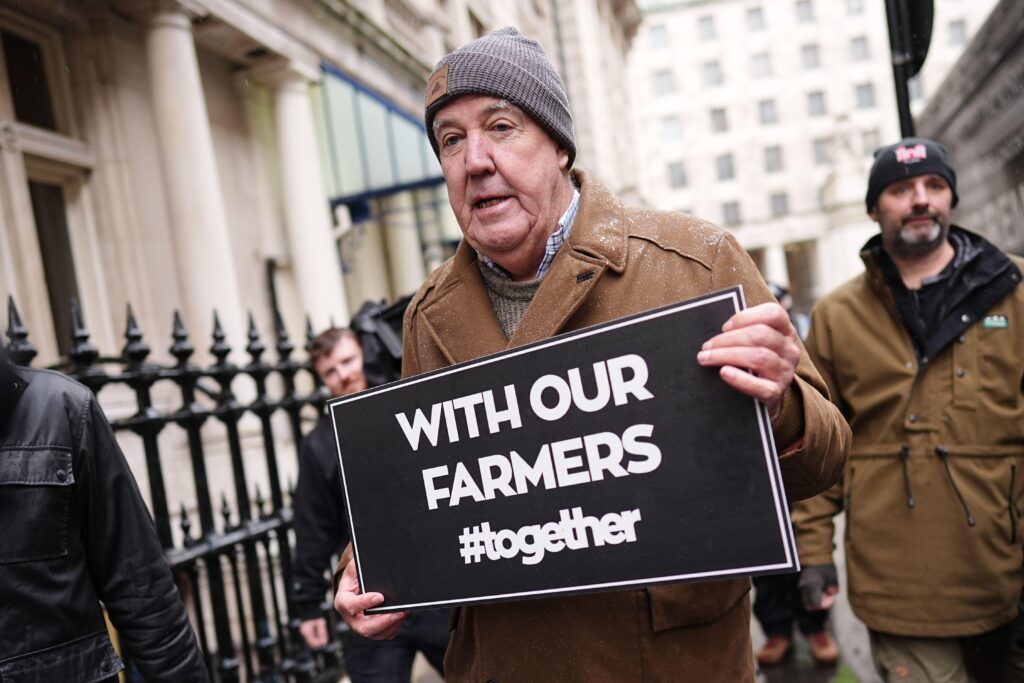The High Court has ruled that the UK government’s rules on access to the court system for people trying to protect the environment are unlawful and must be changed.
The ruling was in response to a case brought by three environmental NGOs after the government introduced new rules In February that exposed people and organisations to potentially unlimited legal costs when pursuing an environmental case against the government.
ClientEarth, Friends of the Earth and the RSPB argued the rule change would have a “chilling effect” on environmental legal cases, and decided to challenge the government in the courts.
In a judgement issued on 15 September by Justice Dove, the court said the government’s rules on the cost of legal cases would benefit from further clarification and that limits on the cost of court cases must now be set at the beginning of a case.
The government must now make the changes to reflect the court’s decision.
Legal ‘Victory’
Environmentalists are increasingly pursuing legal action to protect the environment around the world. According to a recent study, more and more governments are being challenged in court to do more to tackle the threat of climate change.
In the UK, ClientEarth recently made headlines for its efforts to take the UK government to court over breaching air pollution limits. And local fracking campaigners in Lancashire went to court earlier this year to try and overturn the government’s decision to approve Cuadrilla’s fracking plans in the area.
Reacting to the High Court’s ruling, the three charities said in a statement: “[The] verdict is an important victory in the battle for better access to justice in England and Wales.
“People who bravely stand up for nature by going to court can now do so in the knowledge that, once the costs are fixed, they will not be blindsided by a crippling legal bill they were not expecting and hadn’t budgeted for.”
Friends of the Earth also took to Twitter, where it said: “Now, finally, the government will be forced by the court to give communities certainty when taking vital cases to protect our environment.”
Rule Change
The High Court’s ruling reflects previous government rules which did have a fixed limit on the cost of bringing an environmental case to court.
When this was changed in February it sparked widespread criticism, not just from NGOs.
Last month a UN report criticised the UK for its poor record on providing fair access to the court system.
And when the House of Lords statutory instruments committee first reviewed the rules it concluded that “as a result of the increased uncertainty introduced by these changes, people with a genuine complaint will be discouraged from pursuing it in the courts.”
Now, according to the court’s ruling, in almost all cases a cap must be set at the beginning of a court case allowing people or organisations to know how much a legal case will cost.
The ruling also states that claimants will no longer have to reveal their private financial details in open court – any hearings about costs protection limits will now take place in private.
In a statement the Ministry of Justice said: “We are pleased that the High Court supports our approach to environmental costs protection, which ensures individuals are not expected to pay above their means.
“We will address the issue of private hearings and set out our position in due course.”
Photo: Steve Calcott via Flickr | CC 2.0
Subscribe to our newsletter
Stay up to date with DeSmog news and alerts







